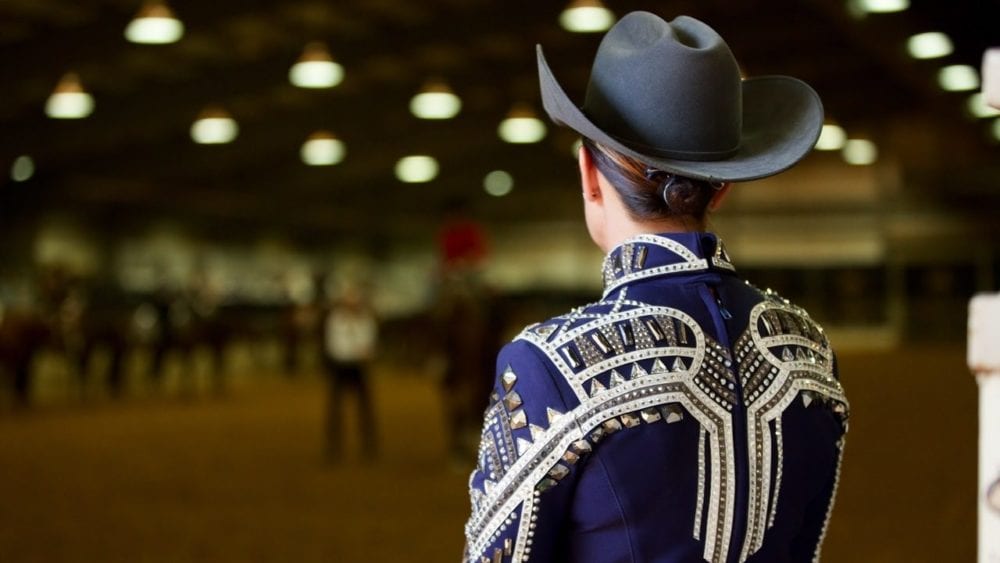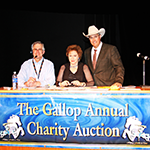When being a team with a 1,200-pound animal, you never know precisely what will happen in the show pen. Although most exhibitors hate making mistakes due to the competitiveness of the horse show world, they are part of what makes us a better rider and competitor at the end of the day.
Mistakes help an exhibitor learn where to improve and are there to remind us that we aren’t perfect. If we don’t ever make mistakes, how are we supposed to know what needs to be practiced?
Every error that happens, can be made into a valuable lesson with the right mindset. With the unique sport we are in, mistakes not only help yourself grow, but you and your horse grow together into a stronger team.
Making mistakes is an inevitable part of showing horses, but what if we can prevent some of them from happening?
We spoke with AQHA judges Jeff Mellott, Charlie Cole, and Clint Ainsworth. Mellott currently works for Highpoint Performance Horses and has been an AQHA judge for over 20 years. Cole has also been a judge for more than 20 years and partners with Jason Martin as owners of Highpoint Performance Horses. Ainsworth runs his program, Clint Ainsworth Show Horses, and recently became an AQHA judge. All three have many combined years of experience in the equine industry and have had a long list of accomplished youths and amateurs under their tutelage throughout their careers.
Remember the Horse that You are On
The first thing AQHA Judge Jeff Mellott (pictured right) told us was to remember that, “you are your competition.”
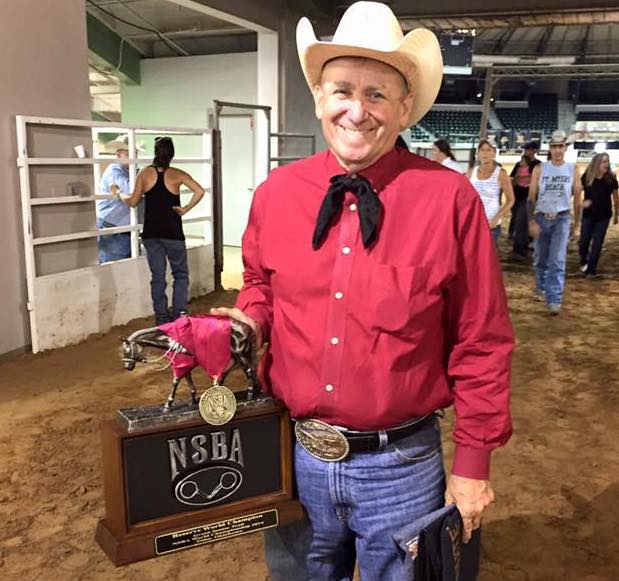 Many exhibitors watch a pattern or specific horse that they think will place at the top of a class and try to mirror it instead of thinking about where and how their horse shines the best. Each horse has its specific strengths and weaknesses. It is up to the rider to know how and when to showcase those strengths to downplay the weaknesses.
Many exhibitors watch a pattern or specific horse that they think will place at the top of a class and try to mirror it instead of thinking about where and how their horse shines the best. Each horse has its specific strengths and weaknesses. It is up to the rider to know how and when to showcase those strengths to downplay the weaknesses.
“Exhibitors forget to show the horse they are on and end up pushing their horse too hard and make a mistake,” Mellott shares . Such as in life, it is easy to sit and compare each detail of another, but Mellott is quick to remind us that you and your horse should be your sole focus.
Stay Connected
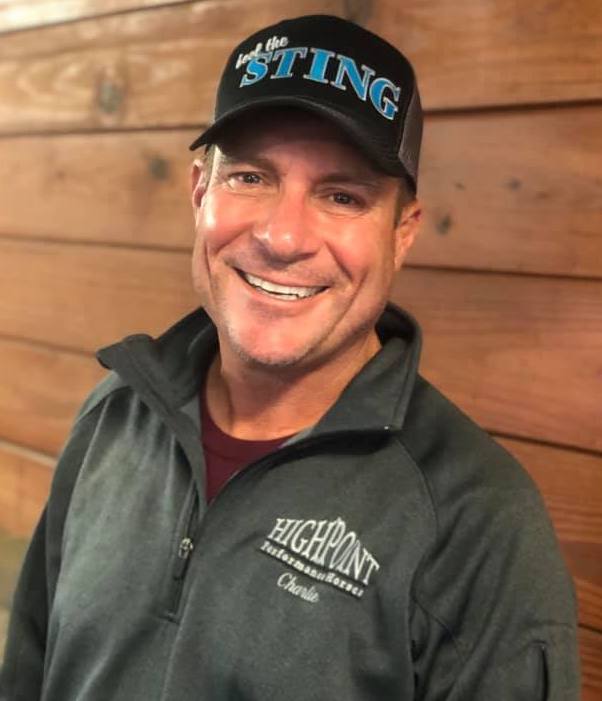 AQHA Judge Charlie Cole (pictured left) sees exhibitors become so stiff and rigid that they become disconnected from their horses. “When I’m judging, I’m looking for riders that are connected and working as a team with their horse,” Cole states.
AQHA Judge Charlie Cole (pictured left) sees exhibitors become so stiff and rigid that they become disconnected from their horses. “When I’m judging, I’m looking for riders that are connected and working as a team with their horse,” Cole states.
Mellott echoed the same sentiment by saying, “Exhibitors go into the show pen and try to sit so perfectly that they end up rigid and not connecting with their horse. They forget how to ride and seem to go through the motions, instead of riding how they practiced.”
Too often, as humans, we try to focus so much on being perfect that we forget everything we have been taught. Do your best to breathe and remember to ride how you know how to, not to try to ride like your competitor.
Small Details Matter
When preparing at a horse show or showing a pattern, most exhibitors are so focused on the big picture that they forget the small details. You may be quick to think that judges don’t have time to notice these little details while judging, yet Cole and Ainsworth listed these small details as some of the biggest mistakes.
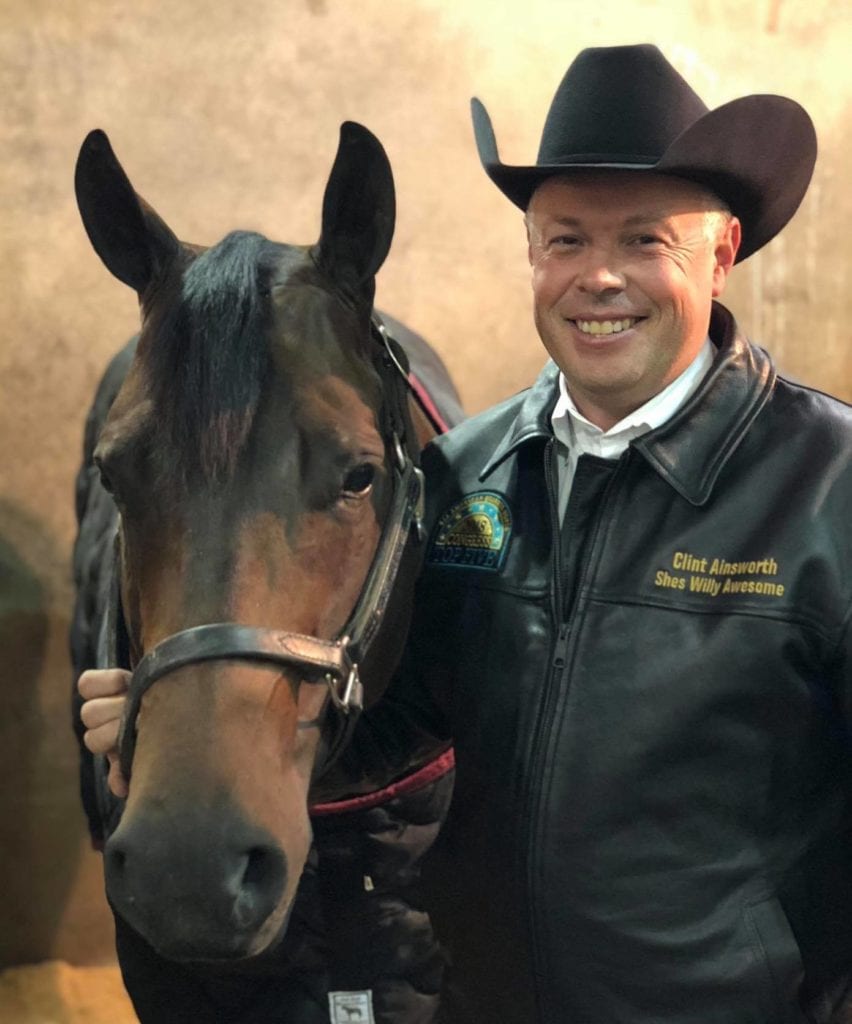 Clint and Charlie emphasize how small details matter. “So often, I see exhibitors not riding or making the pattern as drawn,” Clint (pictured right) shares . “They aren’t necessarily going off pattern, but either making figures entirely too large or too small.”
Clint and Charlie emphasize how small details matter. “So often, I see exhibitors not riding or making the pattern as drawn,” Clint (pictured right) shares . “They aren’t necessarily going off pattern, but either making figures entirely too large or too small.”
Not only does he notice the shapes and figures in patterns, but also the transition pieces. Clint adds, “I also notice exhibitors not being accurate where transitions are supposed to happen. Exhibitors must study the pattern and the arena size to make a correct pattern that is worthy of a high score.”
In horsemanship, Cole says, “I don’t like to see outfits that show a lot of movement or fit poorly. A well fitted and flattering outfit is much better than an over the top glitzy outfit.”
Meanwhile, in the showmanship pen, Cole says he notices, “A lot of halters fitting poorly and horses that aren’t freshly clipped.”
Whether the detail is how your pattern is executed, the fit of your show outfit, or how well-groomed your horse is, all the small details truly matter.


